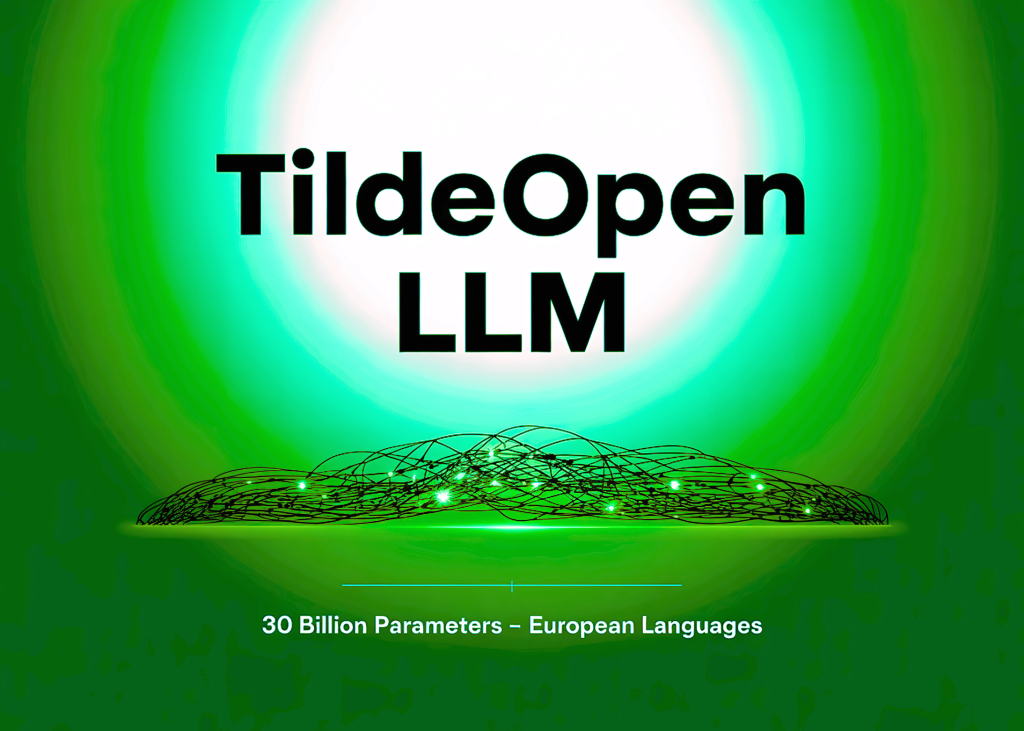
Tilde AI Launches TildeOpen LLM: A Major Step for European Language Equity
Latvian language-tech firm Tilde has announced the release of TildeOpen LLM, an open-source foundational large language model (LLM) designed specifically for European languages. This model emphasizes support for under-represented and smaller national and regional languages, marking a significant advancement toward linguistic equity and digital sovereignty within the European Union.
Details of the Model
The public release of TildeOpen LLM took place on September 3, 2025. Users can access this model freely via Hugging Face. Built as a dense decoder-only transformer with over 30 billion parameters, TildeOpen LLM is available under a permissive license (CC-BY-4.0). It boasts extensive language support, including Latvian, Lithuanian, Ukrainian, Turkish, and more.
Training and Architecture
The model was trained on the EU's supercomputers, LUMI in Finland and JUPITER, utilizing an impressive 2 million GPU hours granted through the European Commission’s Large AI Grand Challenge. The training process employed EleutherAI-inspired GPT-NeoX scripts over 450,000 updates, processing approximately 2 trillion tokens.
The training methodology featured a three-stage sampling approach: uniform across all languages, natural distribution aimed at enhancing high-data-volume languages, and a final uniform sweep to ensure balance across the dataset. Key hyperparameters include 60 layers, an embedding size of 6144, 48 attention heads, and an 8192-token context window.
Significance for the European Language Landscape
This initiative is a vital step in addressing the digital divide in language technology, as TildeOpen LLM aims to empower speakers of less commonly represented languages. By providing a robust open-source tool, Tilde hopes to foster innovation and accessibility in the field of natural language processing across Europe.
Rocket Commentary
The launch of TildeOpen LLM represents a pivotal moment in the pursuit of linguistic equity and digital sovereignty within the European Union. By prioritizing under-represented languages, Tilde not only addresses a critical gap in the AI landscape but also sets a precedent for ethical AI development that respects cultural diversity. As businesses and developers leverage this open-source model, they are empowered to create more inclusive products that cater to a broader audience. However, the challenge remains: ensuring that these advancements translate into practical applications that enhance communication and foster economic growth across diverse regions. The true measure of success will be the model's adoption and the tangible impact it has on users' daily lives.
Read the Original Article
This summary was created from the original article. Click below to read the full story from the source.
Read Original Article